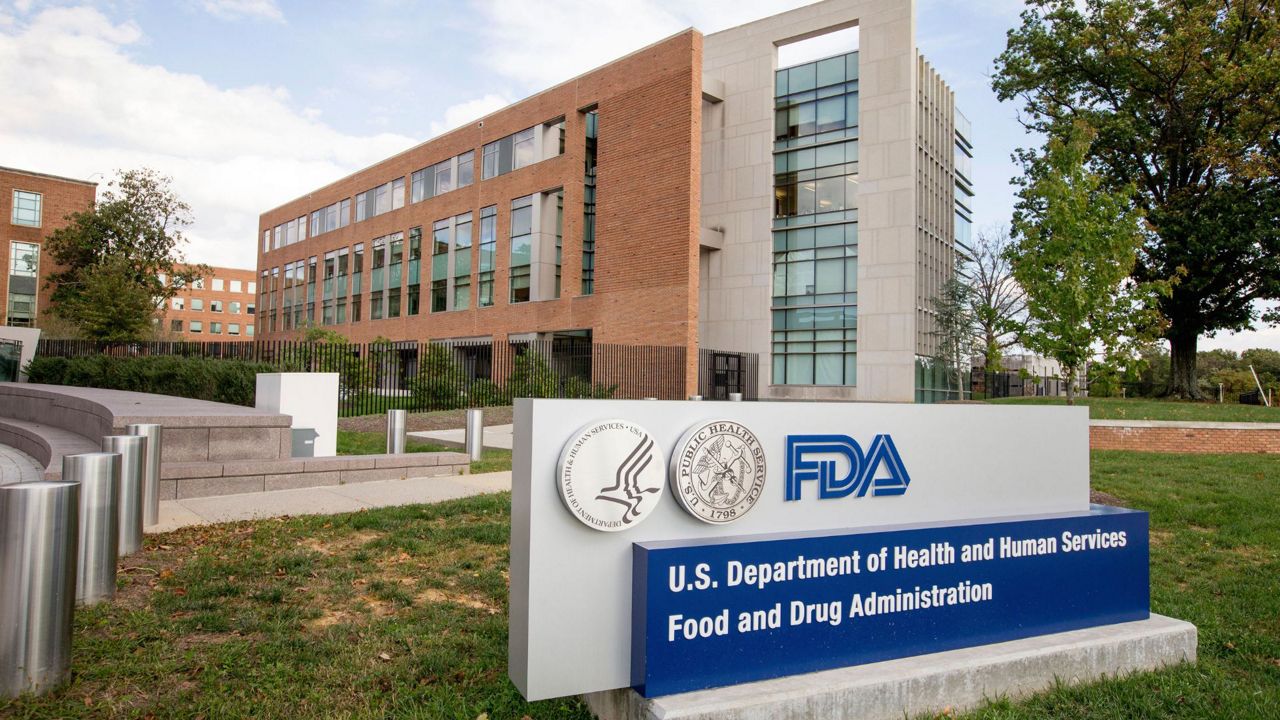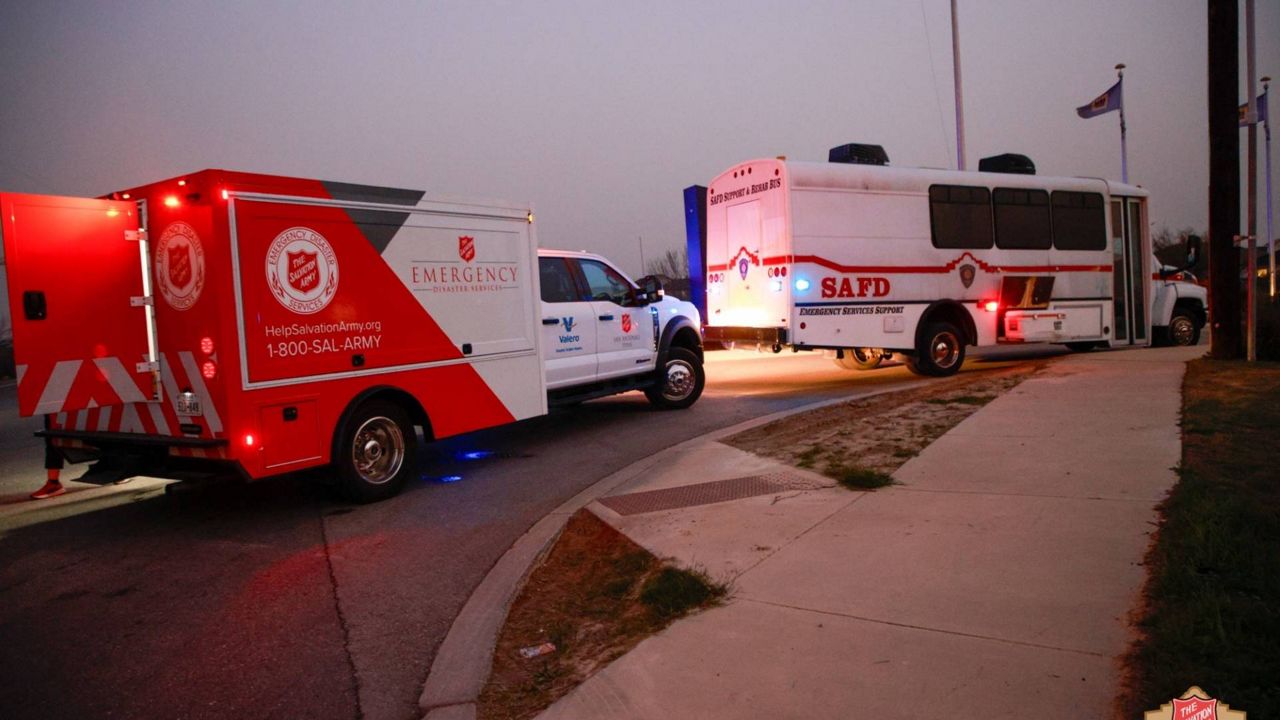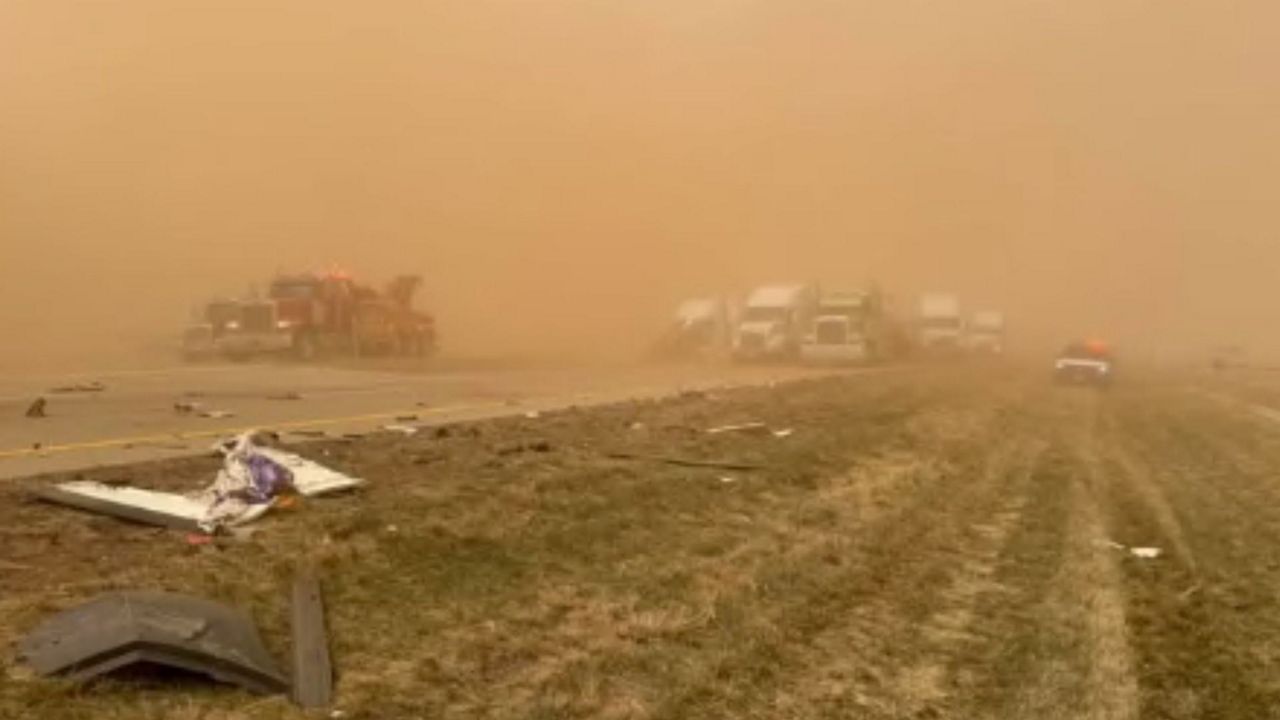AUSTIN, Texas — The Texas power grid could experience outages again this winter if abnormally severe weather hits the state, according to the most recent forecast report from the Electric Reliability Council of Texas, or ERCOT, which oversees the state’s electric grid.
While ERCOT says it anticipates there will be enough power to meet peak demand assuming “typical winter grid conditions,” the report analyzed several scenarios of projected power supply and demand and found that in the most extreme cases, widespread outages are possible.
“Texans are really worried about this coming winter, and they should be," said Adrian Shelley, director of the Texas office of the consumer advocacy and lobbying group Public Citizen.
“If we have demand that, you know, outstrips our expectations, just like we did last year, if we have unexpected supply outages, just like we did last year, then I think we should be concerned that we're going to have another crisis, just like we did in February," Shelley continued.
ERCOT’s projections are based on supply and demand in previous years, but didn’t take into account data from February’s winter storm, or the impacts of climate change.
"I think one of the biggest, the most alarming findings is that, you know, if we have an event that's even not as bad as Winter Storm Uri, that we still might have problems keeping the lights on," said Dr. Joshua Rhodes of the Webber Energy Group at the University of Texas at Austin.
“That's like piloting an aircraft by looking out over the tail. That's not the way to do this. And this is a fundamental flaw in the way ERCOT manages its assessments for winter and for summer," said Ed Hirs, an energy fellow at the University of Houston.
Despite lawmakers passing a bill this year that increased weatherization requirements for the grid, energy experts say it didn’t go far enough.
“We haven't weatherized the natural gas supply. We've mandated some things for our power plants and our transmission lines, but it's just not been enough. I think the leadership in our state knows that we haven't done enough to really assure that we could weather another severe winter storm in Texas," Shelley said.
The Public Utility Commission, which regulates utilities and is designing the weatherization requirements for power plants, adopted recommendations made after the 2011 winter storm and is requiring power plants and transmission lines to meet those winterization standards to the best of their ability this year.
But the Texas Railroad Commission, which oversees natural gas suppliers, has not adopted similar requirements and is allowing those operators to opt out of winterization efforts.
"If we look at the reasons that power plants went offline, a lot of them were due to winterization issues — they had frozen water tanks, frozen water lines, frozen sensors. But there was also in the natural gas sector, a significant amount of power plants that went offline for fuel issues. And keep in mind that the natural gas sector was also having trouble delivering natural gas to power plants during that time. So my concern is that if we only fix half of this problem, if we only winterize the power plants, but we don't fix the natural gas sector as well, that those power plants that were not able to run because they froze will just be to not able to be run because they can't get fuel. And so that's my big concern," said Rhodes.
"The ERCOT grid in winter is kind of like a bicycle. You got two wheels, both of them have to be operating for the bicycle to move. One of those wheels is power plants, and the other is the natural gas sector. If you just fix one of them, then the bicycle's not going to move. Meaning if you just fix half of the grid, you're still not going to get electricity out of it," Rhodes continued.
In response to Capital Tonight's request for comment, the Railroad Commission issued the following statement:
"The Railroad Commission is laser-focused on making certain Texas is prepared for future severe weather events by instructing natural gas providers to prepare for this winter, adopting rules prioritizing the delivery of natural gas during shortages, and working with the PUC to ensure they have the locations of critical facilities ensuring proper electricity allocation during potential shortages."
ERCOT emphasizes the most extreme scenarios that would lead to widespread outages are unlikely, but energy experts say that's little comfort to Texans who experienced the widespread blackouts that accompanied February's winter storm.
“So what if it's a low-probability event? It's a high-cost event if it actually occurs," Hirs said.










